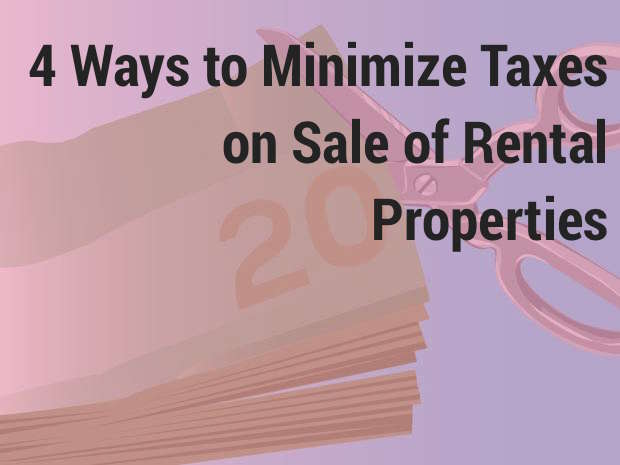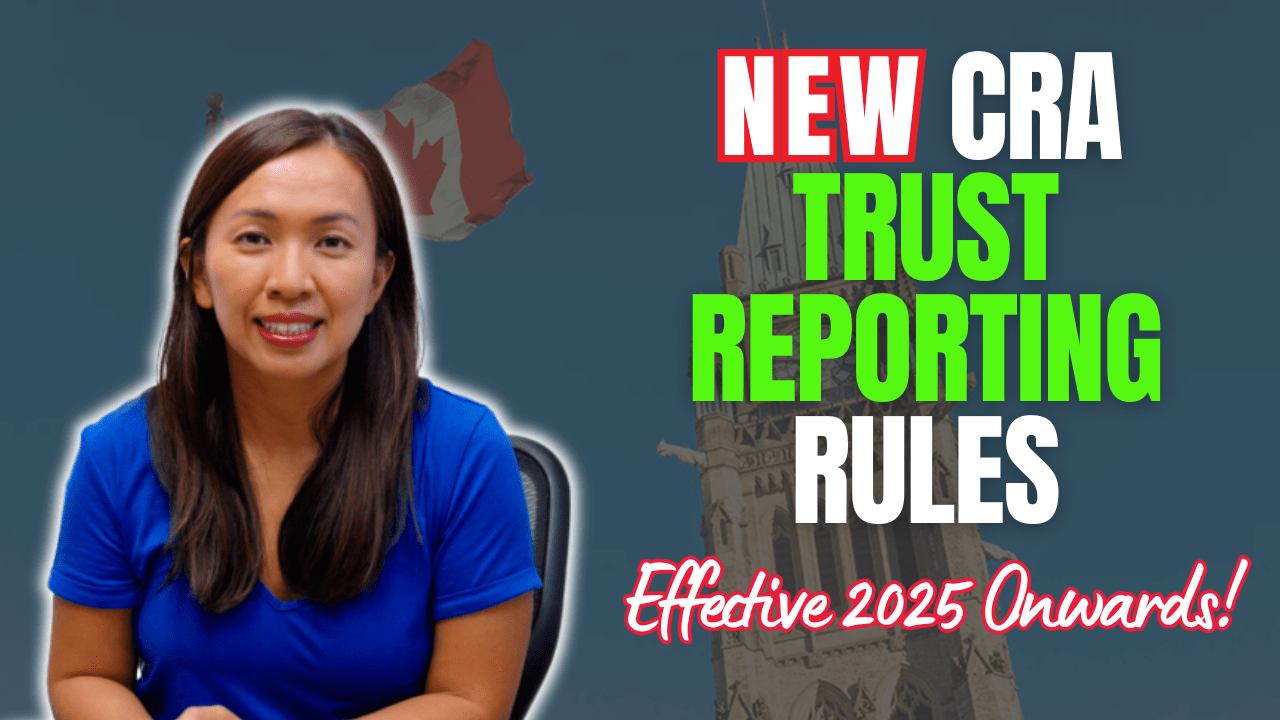“Success is measured by inches, not miles.â€
For some of my long time blog followers, you know that my goal is to be able to do a strict pull up by the end of this year.
I am still working toward that goal, slowly but surely.

To help me achieve my goal, my trainer Rachael would make me do different types of exercises to make me stronger in general.
One of them is back squats (meaning that you put a barbell with weights on your back when you squat).
3 weeks ago, I was super excited to squat 105lbs for 5 reps. I’d never squatted over 100 lbs ever in my life.
2 weeks ago, 115lbs.
Last week, it was 125lbs x 5 reps. I was definitely pushing my limit but hey, I squatted my body weight!
Being able to squat this much may not mean that I would be able to do pull up at the end of this year. But I will take this little success and celebrate it!
It is my personal best so far and I am sure I can still beat this number some time down the road.

Every little step helps! It’s no difference in real estate.
A few clients asked me about the tax impact of selling their properties.
They are often shocked by how much in taxes they would have to pay. 😛
Some people even hesitated to start because “they have to pay big taxes on capital gainâ€!
The glass can be half empty or half full. It all depends on your perspective.
If you sell a property for a capital gain for $100,000, you will likely pay $25,000 of taxes.
If you don’t invest, the money sitting in your bank account depreciates by the minute. Thanks to all the Quantitative Easing every developed government’s participating.
(For those of you who don’t know much about quantitative easing, it simply means the governments are printing money every day to pay for the government employees, new infrastructure, social programs, etc. and most importantly, all the government debt!)
(As a side note, Bank of England is printing $15 Billion a month, Bank of Japan is printing $61 Billion per month and European Central bank is printing $88 Billion per month (all in USD equivalent). You can imagine how quickly our dollar depreciates!)
You buy a property, make a gain, pay tax, you still have $75K in your pocket.
You don’t do a thing, you money goes down in value every day.
You can focus on the $75K that you make, or you can focus on the $25K that you have to pay, the choice is all yours.
Having said that, I am going to share with you some tips this week on how to minimize the amount of taxes you pay upon sale of rental properties.
- Documents, documents, documents When we file the tax returns, we often ask our client to provide the actual closing documents from both purchase and sale of the rental properties. As an investor, you may remember you purchased the rental property for $300K. That’s the purchase price on your Agreement of Purchase and Sale.But truthfully, you also pay for land transfer tax, legal fees, title insurance, mortgage charges that you never deducted.These costs are added to your adjusted cost base for the purpose of calculating the capital gain.These are all deductible expenses that you paid.When you sell, yes, you may sell it for $400K. But the truth is, you would have also incurred legal fees, mortgage discharge fees and real estate commission upon sales.The amount after deducting these expenses is called net proceeds.
Capital gain is then calculated as the net amount of your net proceeds and adjusted cost base.
- Buying another property to defer recaptureIn my previous blog post, I explained that a real estate investor would also get taxed on all the capital cost allowance he’s taken over the years on the property.This is considered part of your rental income.The taxpayer is allowed to use capital cost allowance from other properties in the portfolio to offset against the recapture.In some cases, if the taxpayer’s plan is to purchase another property using the funds from the sale, it may be worthwhile to purchase the new investment property in the same year.The capital cost allowance on the new rental property can then be taken to offset against the recapture taken into income.
- Vendor take back mortgage and capital gain reserveVendor take back mortgage is a mortgage carried by the seller himself. Seller agrees to a loan to the buyer in exchange for a return (interest) so the buyer can purchase the property with less amount of fund.On top of the interest income you can receive on the extra loan that you take on, you are also secured against the property you have owned for a while.Most importantly, you may even be eligible to defer some of the capital gain you’ve incurred up to a maximum of five years.This is not the most common strategy in today’s market, but if you have a property with a large cumulated gain, this is definitely one way to defer some of the gain.
- Be diligent about reporting all your investing transactions – gain or loss!Everyone is dragging their feet when it comes to preparing their tax returns.Sometimes people tend to forget that they sold some stock/mutual fund investments during the year, especially with the ones that they lost the money on!Well, although you lost money on these investments, you are still entitled to claim capital loss on the sale. Capital loss can be used to offset against your capital gain on the rental property.And capital loss can be carried back 3 years and carried forward indefinitely.If you incurred $100,000 capital loss selling Blackberry stock 5 years ago, you are eligible to use this $100,000 capital loss to offset against the $100,000 capital gain you’ve made from selling your rental property.
Make sure you report all your gain and losses and let the system work for you!
Maybe all these tips will only help you to reduce your taxes in a small percentage, but every dollar that doesn’t go to the government in tax dollar, it goes back to your own pocket.
Just like how home and property owners in US states like Texas can do some careful research, read more about tax rules, and avoid overpaying their property taxes during each annual appraisal, there are some small but sure ways that taxes can be reduced when selling off the property too. It doesn’t matter whether you save $10 or $100; every penny counts!
Sometimes, we are all busy chasing the next big thing. We often forget that achievable small steps lead to small success can help you get to the next big thing.
Until next time, happy Canadian Real Estate Investing.
Cherry Chan, CPA, CA
Your Real Estate Accountant
P.S. If you want to take the BIG step in real estate investing, Quentin D’Souza, a veteran real estate investor, is hosting another coaching program starting in October that you can be interested in. I have several clients that came out from this Action Take Coaching program and they all own a few rental properties with significant amount of cash flow in a matter of few months. BIG steps can be taken with the proper coaching. You can find out more about Quentin’s program online – register now!





